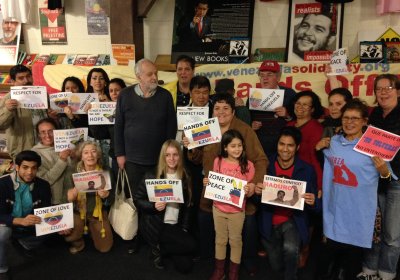Conservationists have welcomed the announcement that the Western Australian Environment Protection Authority's assessment of a proposed coal mine in the Kimberley has been terminated.
The mine, called, ironically, "Duchess Paradise", would have been the first coalmine in the Kimberley/Canning Basin region. Had it been approved it would quickly have been followed by many more coalmine proposals.











